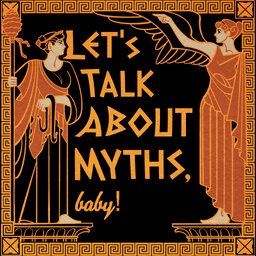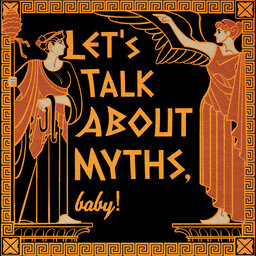RE-AIR: You Know He Basically Invented Robots?! Hephaestus & His Forge
Revisiting the must underrated of Olympians... Hephaestus beyond the drama: the importance and lasting impact of the god of the forge (there are *robots*!).
CW/TW: far too many Greek myths involve assault. Given it's fiction, and typically involves gods and/or monsters, I'm not as deferential as I would be were I referencing the real thing.
Sources: Theoi.com; the Homeric Hymn to Hephaestus translated by Hugh Evelyn-White; Gods and Robots by Adrienne Mayor.
Attributions and licensing information for music used in the podcast can be found here: mythsbaby.com/sources-attributions.
 Let's Talk About Myths, Baby! Greek & Roman Mythology Retold
Let's Talk About Myths, Baby! Greek & Roman Mythology Retold


